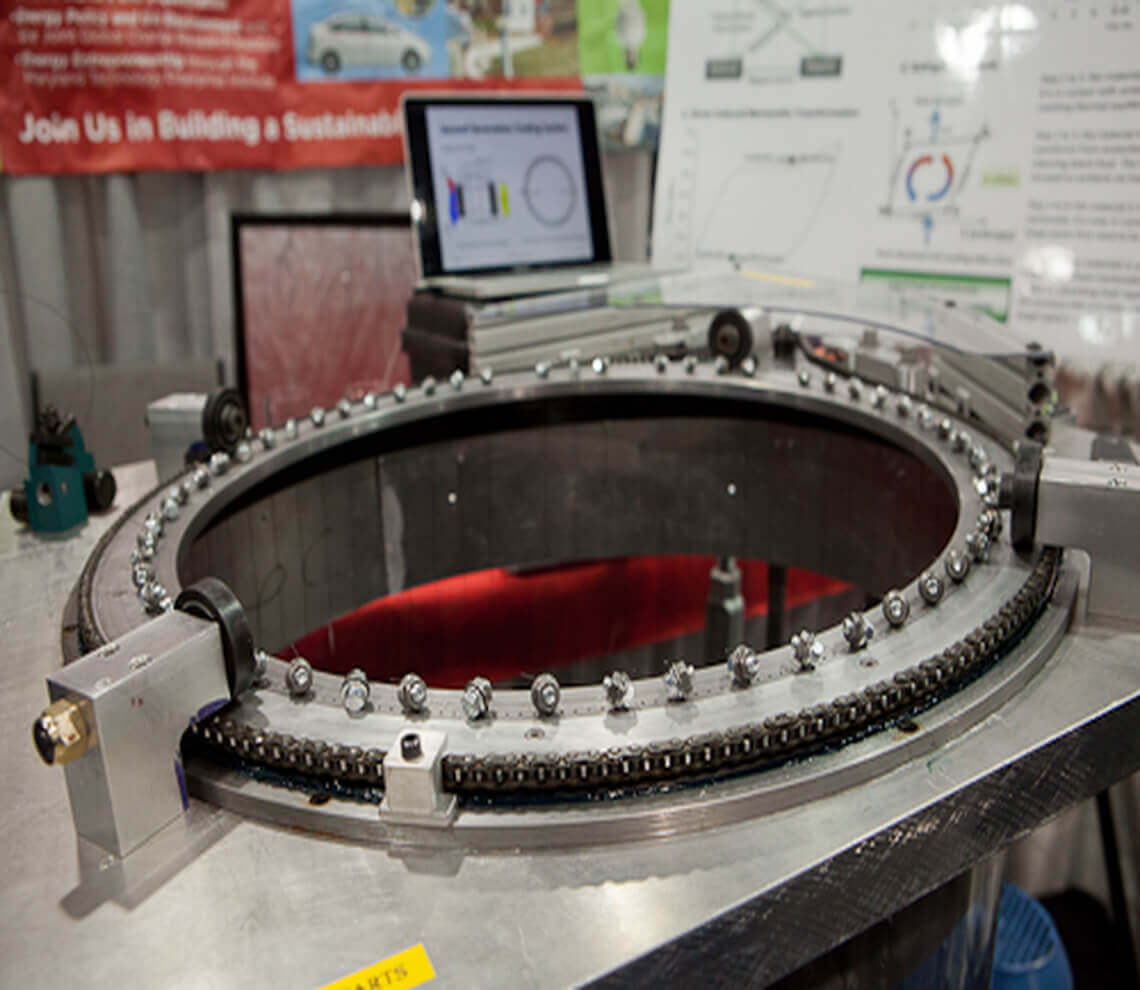- Our Suppliers
- MBS Monoclonals
- MOUSE Anti-HUMAN CD44:RPE Antibody
Product short description
Price:
249 EUR
Size:
25 Tests
Catalog no.:
GEN216669
Product detailed description
Gene name synonims
N/A
Purification method
N/A
Concentration
N/A
Also known as
CD44
Gene name
CD44
Immunoglobulin isotype
IgG2a
Clone
F10-44-2
French translation
anticorps
Clonality
Monoclonal
Category
Antibodies
Latin name
Mus musculus
Host organism
Mouse (Mus musculus)
Subcategory
Mnoclonal antibodies
Tested applications:
Flow Cytometry (FACS)
Form/Appearance
RPE (Purified IgG conjugated to R. Phycoerythrin (RPE) - lyophilised)
Other gene names
CD44; CD44; IN; LHR; MC56; MDU2; MDU3; MIC4; Pgp1; CDW44; CSPG8; HCELL; HUTCH-I; ECMR-III; LHR; MDU2; MDU3; MIC4; ECMR-III; PGP-1; PGP-I
Description
This antibody needs to be stored at + 4°C in a fridge short term in a concentrated dilution. Freeze thaw will destroy a percentage in every cycle and should be avoided.
Species reactivity
Human (Homo sapiens); Due to limited knowledge and inability for testing each and every species, the reactivity of the antibody may extend to other species which are not listed hereby.
Test
MBS Monoclonals supplies antibodies that are for research of human proteins.Mouse or mice from the Mus musculus species are used for production of mouse monoclonal antibodies or mabs and as research model for humans in your lab. Mouse are mature after 40 days for females and 55 days for males. The female mice are pregnant only 20 days and can give birth to 10 litters of 6-8 mice a year. Transgenic, knock-out, congenic and inbread strains are known for C57BL/6, A/J, BALB/c, SCID while the CD-1 is outbred as strain.
Properties
If you buy Antibodies supplied by MBS Monoclonals they should be stored frozen at - 24°C for long term storage and for short term at + 5°C.Human proteins, cDNA and human recombinants are used in human reactive ELISA kits and to produce anti-human mono and polyclonal antibodies. Modern humans (Homo sapiens, primarily ssp. Homo sapiens sapiens). Depending on the epitopes used human ELISA kits can be cross reactive to many other species. Mainly analyzed are human serum, plasma, urine, saliva, human cell culture supernatants and biological samples.
Storage and shipping
Prior to reconstitution Keep the antibody refrigerated at +4 degrees Celsius. Temperature variations in the range between +1C to +7C are tolerable. Following reconstitution Keep the antibody refrigerated at +4 degrees Celsius. Temperature variations in the range between +1C to +7C are tolerable. DO NOT FREEZE. the antibody should be stored undiluted. the antibody is photosensitive and should be protected from light. If there is a precipitate in the vial we recommend you to briefly microcentrifugate it prior to use. Shelf Life: 12 months from date of reconstitution.
Specificity and cross-reactivity
CD44 Recognises the human CD44 cell surface antigen, a 100kD glycoprotein widely expressed on human leucocytes, white matter of the brain and by some epithelial cells of the intestine and of the breast. _x000D__x000D_CD44 expression may be up-regulated upon some carcinomas, and it has been speculated that this may be related to metastatic potential. _x000D__x000D_This product is routinely tested in flow cytometry on human peripheral blood lymphocytes.; Since it is not possible to test each and every species our knowledge on the corss reactivity of the antibodies is limited. This particular antibody might cross react with speacies outside of the listed ones.
Other names
CD44 antigen isoform 1; CD44 antigen; CD44 antigen; epican; Hermes antigen; hyaluronate receptor; phagocytic glycoprotein 1; heparan sulfate proteoglycan; cell surface glycoprotein CD44; extracellular matrix receptor III; chondroitin sulfate proteoglycan 8; GP90 lymphocyte homing/adhesion receptor; hematopoietic cell E- and L-selectin ligand; homing function and Indian blood group system; CD44 molecule (Indian blood group); CDw44; Epican; Extracellular matrix receptor III; ECMR-III; GP90 lymphocyte homing/adhesion receptor; HUTCH-I; Heparan sulfate proteoglycan; Hermes antigen; Hyaluronate receptor; Phagocytic glycoprotein 1; PGP-1; Phagocytic glycoprotein I
© Copyright 2016-Tech News . Design by: uiCookies

